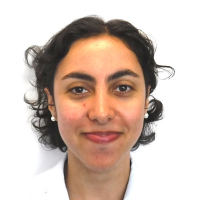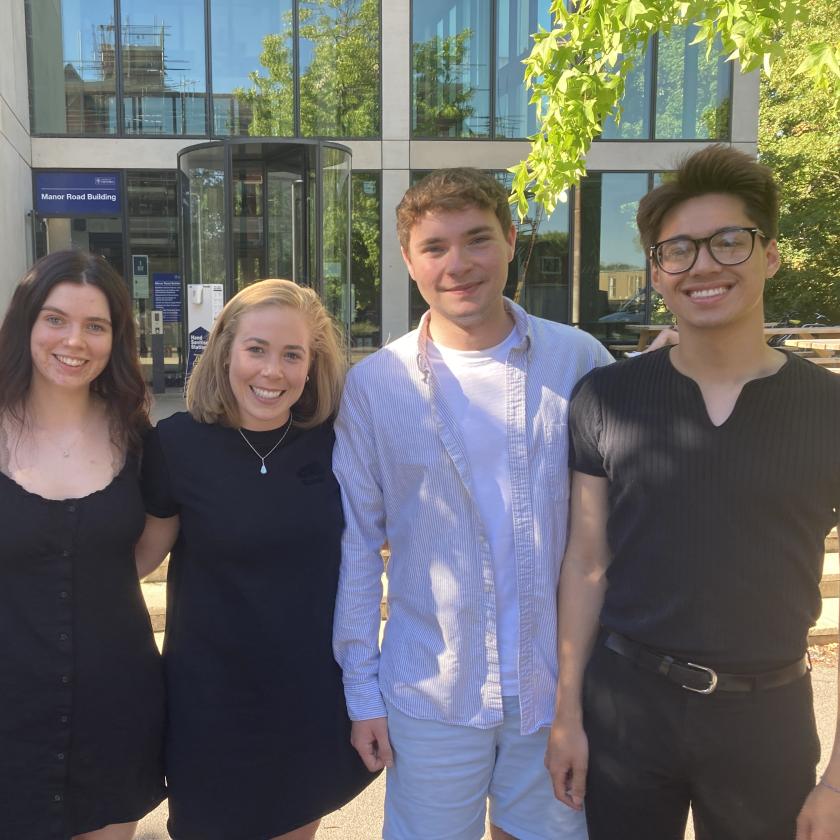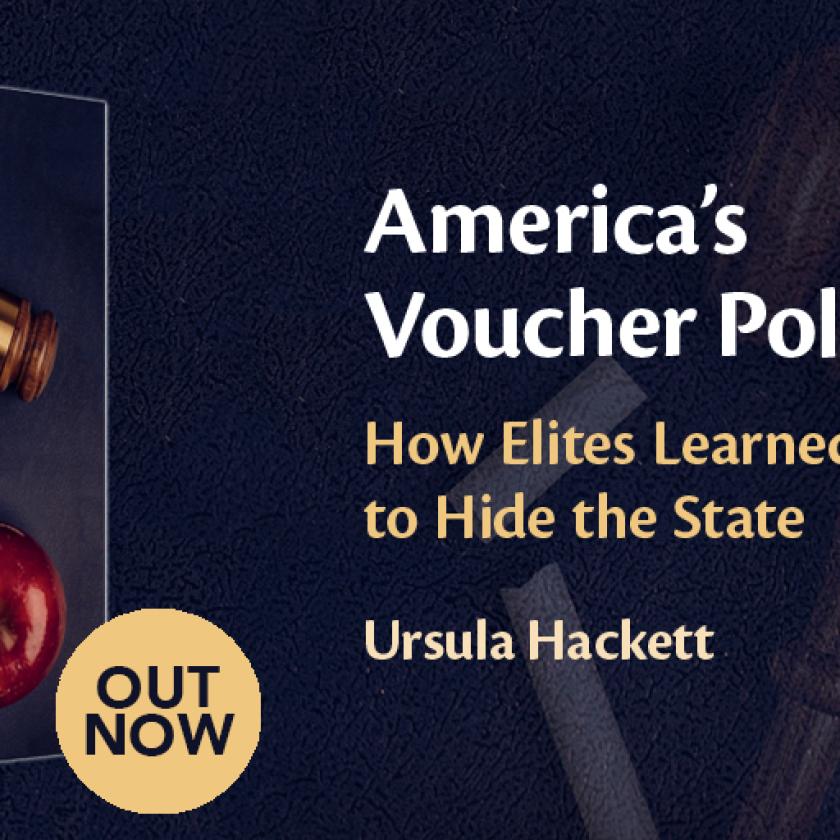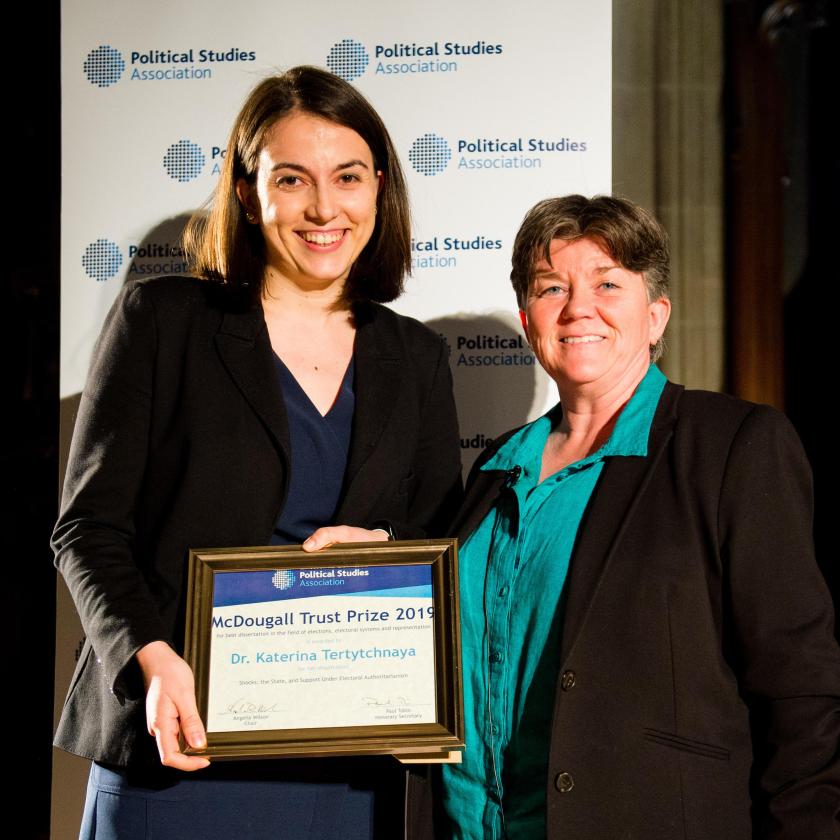How to look for information on the course
How to look for information on the course
The definitive information about this course (including entry requirements) is on the University of Oxford Politics MPhil (Comparative Government) webpage.
This webpage aims to give you a flavour of what you will learn on the course. You can also explore research in comparative politics and government at DPIR, for an idea of the cutting-edge research methods and questions explored by our academic network.
Course outline
Course outline
The objective of the course is to give you, in your first-year, a thorough mastery of the major facts, methodologies and perspectives in the field, as well as to develop research skills. This is supplemented in the second year by specialised course work on two optional subjects and a thesis.
-
Year oneFocus:Study
In the first year, you must complete the core classes and tutorials in comparative government and a programme of research methods training, which includes core courses in statistics and research design and specialised elective courses.
Progression to the second year is conditional on satisfactory performance in the first.
-
Year twoFocus:Thesis
In your second year you must write a thesis and complete two specialist option papers. Options that have been offered in recent years include:
- Collective Political Violence
- Comparative Political Economy of Advanced Democracies
- The Politics and Government of China
- EU Foreign Policy
- The Politics of Race, Ethnicity and Immigration
Please note, these options are illustrative only. Second year options are subject to change year-to-year, and we cannot guarantee these will be offered in the year you take the course.
For information on how the course is assessed, please visit the University’s MPhil in Comparative Government listing.
-
How we teach youFocus:Teaching
Teaching for your course is designed and delivered by academics, highly respected for their research in Politics and International Relations.
Graduate teaching and supervision at Oxford is provided by your academic department—in this case, DPIR—although some graduate teaching may take place on college premises.
The majority of graduate teaching at DPIR takes the form of either one-to-one supervision meetings with your Academic Supervisor or tuition in small groups (as with classes and seminars). However, lectures are also used alongside small-group teaching in the delivery of some Research Methods training courses.
-
What you will learnFocus:Skills
- empirical and theoretical knowledge of the major topics and perspectives within Political Science, based on a broad understanding of the scholarly literature relevant to the course;
- an understanding of research skills appropriate to the subject, including quantitative and qualitative methods – these skills having been used in individual research in the 30,000-word thesis;
- a breadth of learning from participation in a range of intellectual activities provided by a major postgraduate teaching university;
- the spirit and practice of analytical enquiry;
- experience of presenting and critiquing seminar papers and essays;
- skills and knowledge appropriate for further research work.
Applying to Oxford
Applying to Oxford
As the MPhil in Comparative Government is a research degree, you should give some indication of the topic of your second-year thesis in your application. Do not worry if you do not yet have a detailed research proposal: the first year of the MPhil programme is intended to help you to develop this.
Please read about funding options and find links to further University guidance on our graduate fees and funding webpage.
Comparative Government students and alumni
Comparative Government students and alumni
Over the last two decades, the Comparative Government MPhil has helped lay the foundations for over 200 students’ further research degrees and careers. Many of those postgraduates have since gone on to work in various fields including governance and law, data science and technology, research and academia.


















